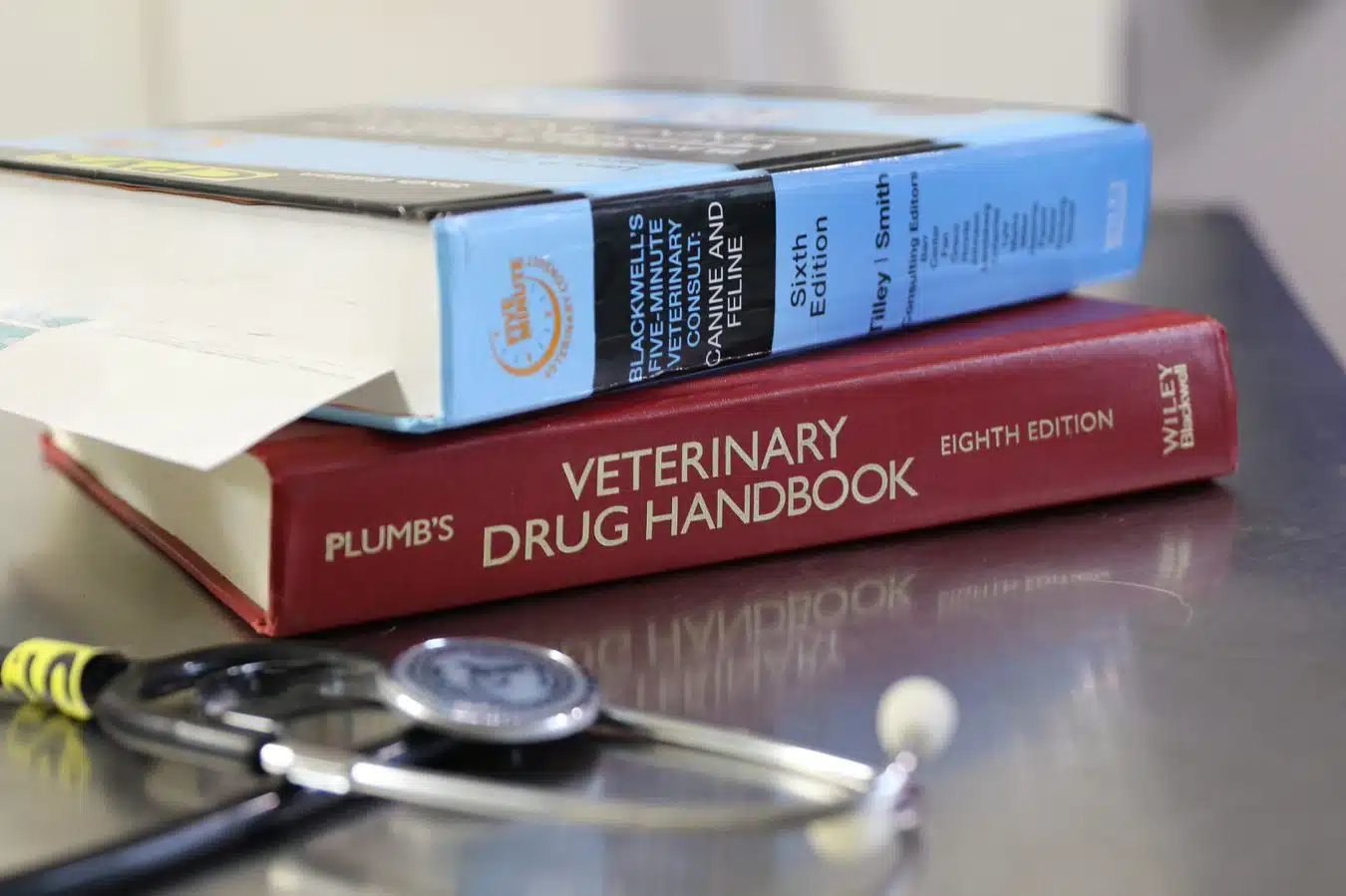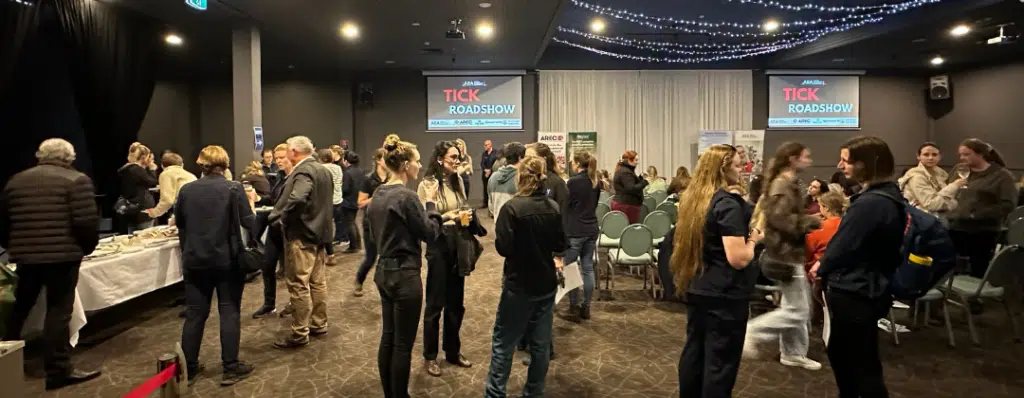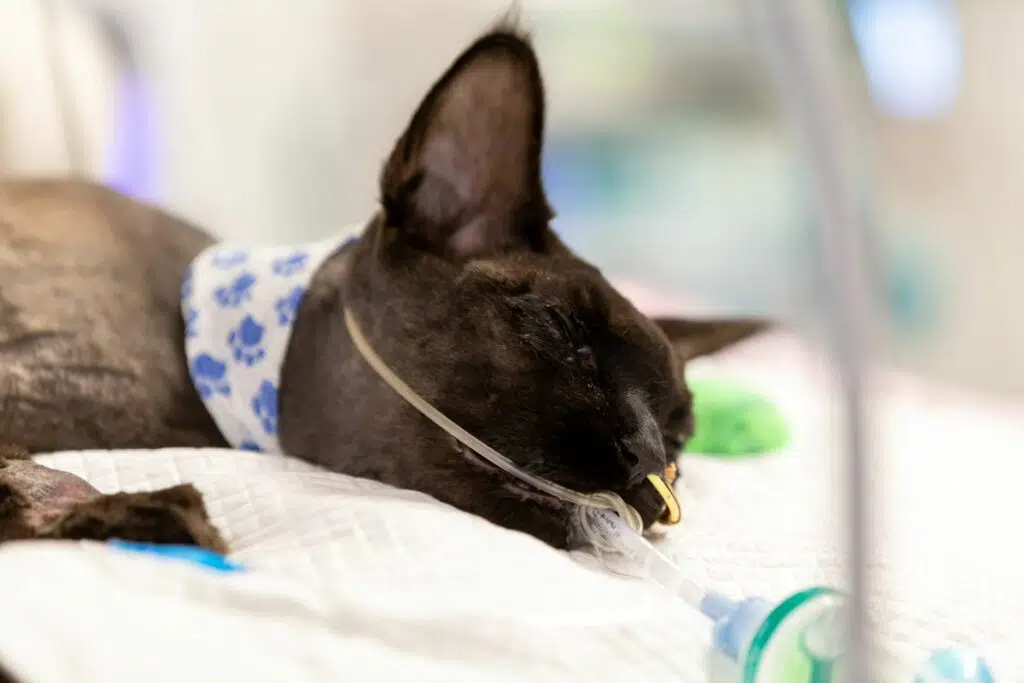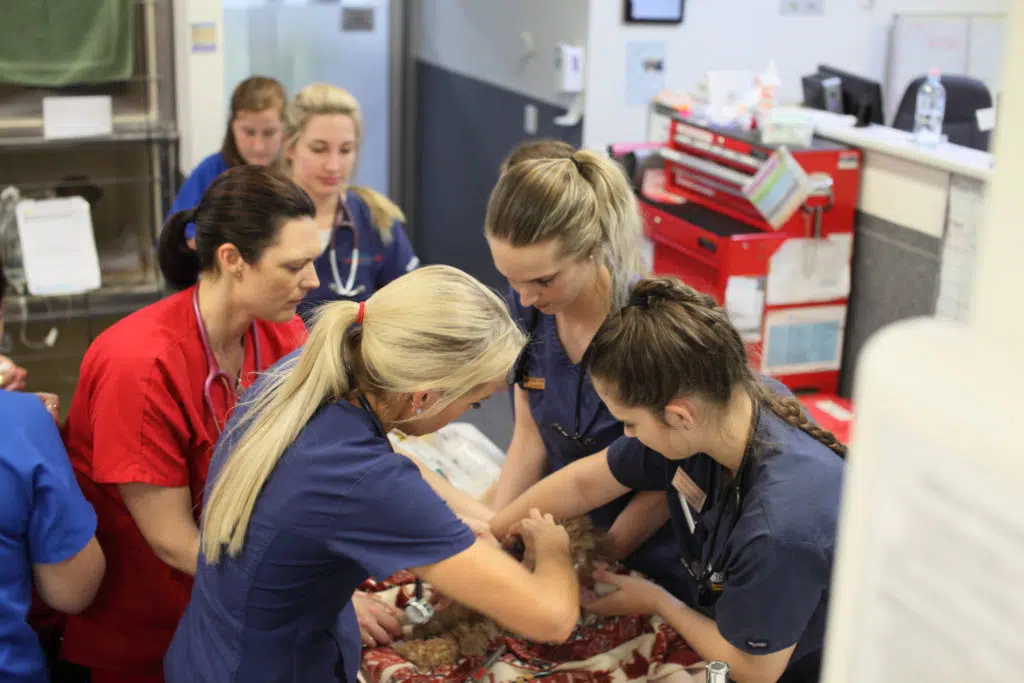In our previous article, we explored the character traits of emergency vets and how these can help you thrive in an emergency setting. It’s also important to acknowledge that every profession has its own learning curve, and the same can be said for anyone beginning veterinary work for the very first time. When faced with your first clinical shift, your first consult, or your first surgery, without the right mentoring and support it can feel less like a learning curve and more like a vertical cliff face.
So what about the learning curve of veterinary emergency? How does it compare to general practice, and what can you do to approach this learning curve as effectively as possible? Dr Gerardo Poli takes these questions to the AEA veterinary team for their thoughts on the learning curve of veterinary emergency and what to expect. Find out in the video below:
The Learning Curve of Veterinary Emergency
So what are some tactics you can use to approach the learning curve of veterinary emergency effectively? Dr Gerardo Poli shares his own experience with the learning curve across both general practice and entering the field of veterinary emergency, how they compare, and his advice on how to face them:
The learning curve when you go into clinical practice is steep and rapid. Having gone into general practice first and then emergency after, general practice for me was like a jet plane taking off a runway. It’s rapid and you keep learning as you head to 36,000 ft or 11km where you level off. It felt fast and progressive.
In emergency, I would describe it as rocket taking off into space. It’s pretty much straight up into the sky, but instead of tapering off at 36,000 ft you keep going past the planes, and you head into space 100km and beyond. I learned more in emergency in 6 months than I did in GP after 2 years. My advice is you have be prepared, accept it and strap in. With the right team around you, and with the right training and structure, it is unlikely that you will crash and burn.
The reason why you keep going higher is due to the variety of cases and the complexity of what you see. University does its best, but you are just not taught very much emergency at university because you don’t see it as often in general practice. The cases in emergency are different, or are the more severe presentations of everyday disease. There is no real taper, but you start to feel more comfortable when you are in outer space.
So instead, you have to have the mindset of aiming for mastery. Mastery is understanding that it is impossible to know everything and that you will never be perfect as something… you just keep learning and you keep getting better and better.
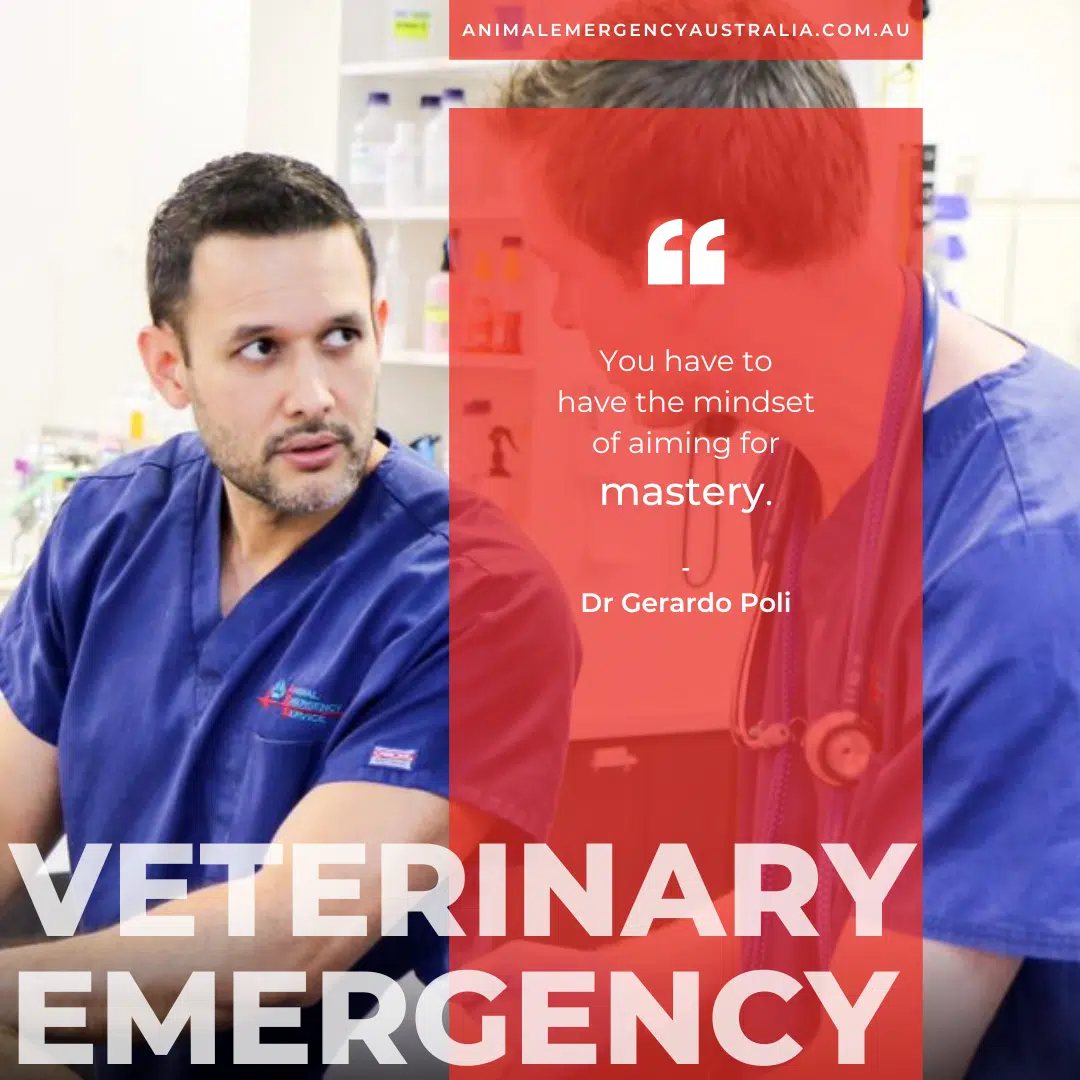
The Ideal Emergency Environment
Next, we’ll delve into what makes an environment that is best for a new graduate looking at exploring emergency. What helped our AEA veterinary team in their environment as they transitioned into emergency? Find out in their discussion as part of the video above, which we break down into each individual aspect below:
Fail Safely
Being given opportunities to fail safely is critical. The responsibility of a good mentor or supervisor is to push you into situations – ones that you might not volunteer yourself for – but are also aware of to what extent they’re able to push you. They know what points along the way that things can go wrong, but are there as a safety net during these situations.
For example, our veterinary mentors at AEA encourage interns into surgery while providing them the capacity to fail safely. As mentors, we’ll talk through the first steps and let you go, building confidence and independence. We’ll check back in and discuss the the next few steps, but know where the critical points are and when to scrub in or when to stand back and continue to provide guidance. This builds a psychologically safe environment where feedback is given, where recent graduates are given safe fail situations and can understand that mistakes are part of the learning process.
A Team You Can Rely On
Nothing in emergency is about just you as a veterinary professional. You can’t achieve success in an emergency case as just one person. So don’t put that expectation upon yourself – look to your team for support and work to each other’s strengths. Knowing how to manage emergency cases with a team-based approach, rather than as an individual, will make a huge difference.
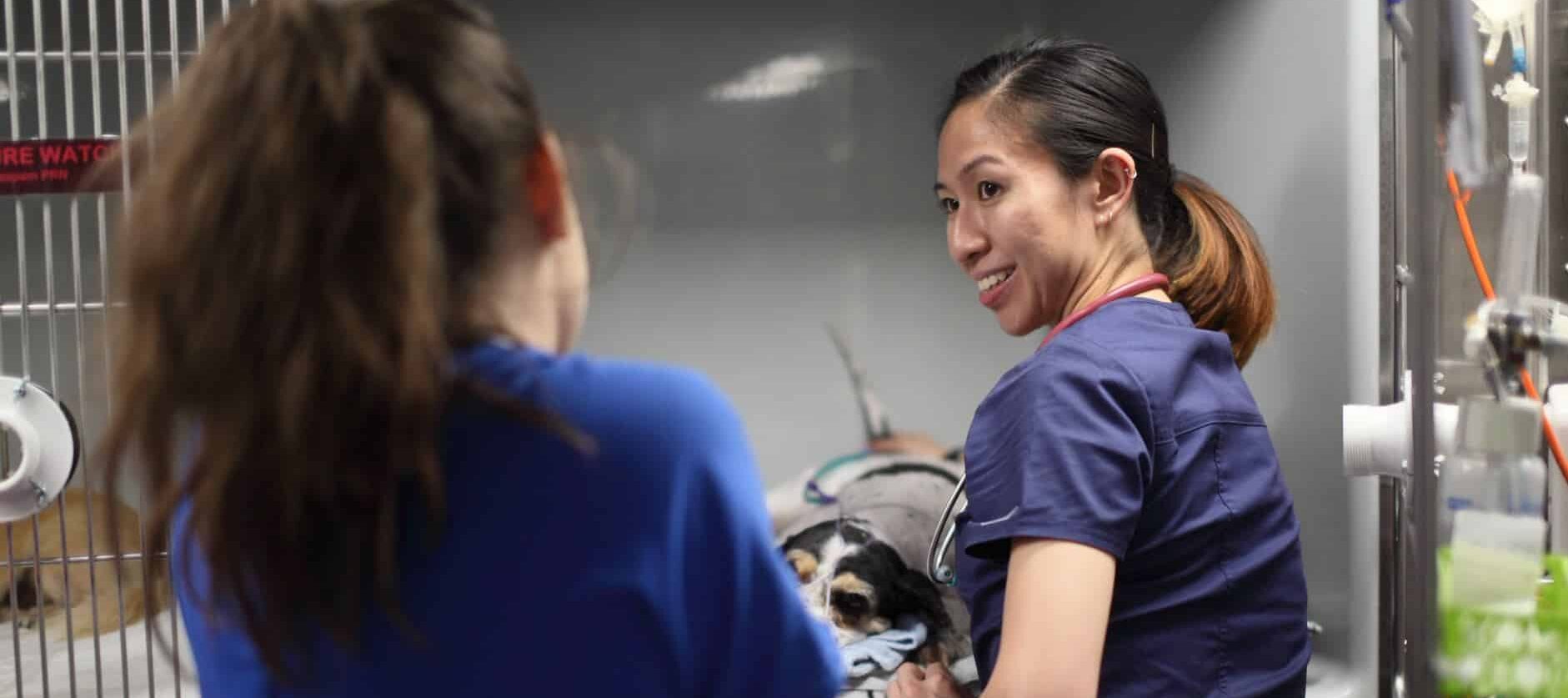
Encourages Shadowing and Learning
There’s no better way to learn the mindset of a successful veterinarian than by watching, listening, and then doing. This is important as you not only learn by watching and then doing, but it provides you with the opportunity pick what you like and make it better. Many veterinary mentors even learn from listening to vets who they have mentored – watching what their mentees have they learned and improved upon. Shadowing is invaluable and will allow you to learn the emergency mindset faster: how to think, what to do, and how to thrive.
Supportive Environment
There are three areas where support is needed for all veterinarians: clinically, professionally and personally. Even though most vets strive for clinical excellence, your support cannot be entirely focused on clinical performance. As we discussed in our previous article, it’s simply not possible to perform as a vet if you don’t have your life and health sorted. When you first enter emergency, you cannot overlook the basics: sleeping, eating, and exercising. Nothing impacts your skills as a veterinarian more than these. They are fundamental of performance!
Regular Check-Ins With a Mentor
Before signing up to an emergency role, find out first if you’ll receive regular check-ins. How often do they happen? What kind of things are going to be asked? Mentorship is vital to improving in an emergency environment, and having a more experienced veterinary professional to guide you will help rapidly advance your skills, while enhancing the areas you might need to improve upon. So if you’re looking for mentorship, find out everything you needed to know about veterinary mentorship in our blog series.
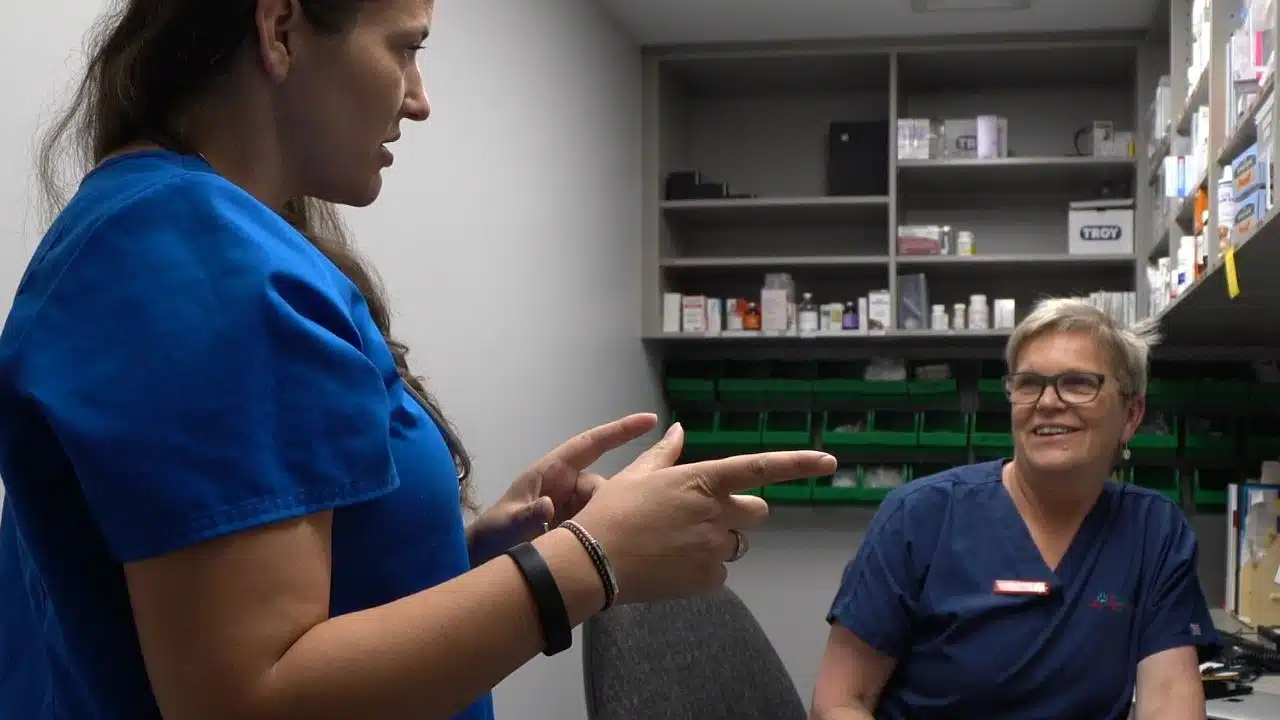
Feedback That Challenges Imposter Syndrome
We all have imposter syndrome – it can be challenging to overcome. What is different between people, is that for some imposter syndrome rules their lives, where for others they have imposter moments and challenge them mentally in order to move through them. A good mentor will boost you with positive feedback, challenge your negative thoughts, push you to continuously improve, and build your confidence. Being able to challenge your imposter syndrome will give you a great head start as a veterinary professional.
Log of Cases
Keep track of your wins, your successes in clinic, and the wide variety of cases you’ve treated. You’ll be surprised just how quickly you’re able to build an impressive list of skills and clinical scenarios you’ve conquered! Use this as valuable is evidence to challenge your doubts and challenge that internal imposter voice (and prove it wrong).
OK to Not Know What is Going On
You’re not going to know what’s going on 100% of the time – even the most experienced veterinary professionals won’t either. And let’s be honest, it’s almost impossible to know everything that’s happening when you’re straight out of university. But that’s perfectly fine! What’s more important is how you approach these situations when you’re not sure what’s going on. Rather than putting your head the sand, push yourself to keep engaged, become more involved and you’ll get the hang of it before you know it.
So now that you know all about the differences between GP and emergency and the characteristics needed to succeed in an emergency setting, let’s finish by exploring the journey into emergency practice. In our next article, find out about The Journey From Uni to Emergency that our AEA vets went through and discover their useful tips and advice for successfully making the transition.

